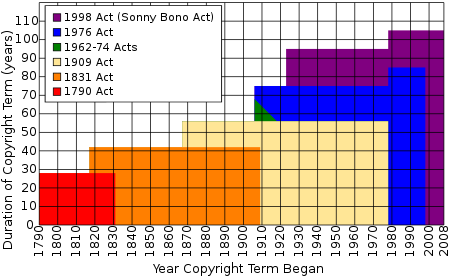Welcome to the New Year.
As always there is a lot of “how the time flies,” “top _____ of the past year,” and “how can it be 2022 already, I thought it was still 2020.” This newsletter is not old enough to have a list top anything, but a couple of others
EDUCATION
A Witch Hunt at the University of Illinois at Chicago’s School of Law. It is an infuriating tale of administrative misconduct and student fragility.
ECONOMICS
Fragmenting the internet has expected, for students of political economy, results. One being the rise of an industry designed to help navigate the regulatory environment. From the NYT:
In an attempt to rein in tech giants like Facebook and Google, governments around the world in recent years have approved new laws governing how websites must handle consumer data, treat their competitors and protect young people. The European Union has a data privacy law that governs the entire bloc. California has approved two privacy measures in recent years, and other states have followed suit.
Out of those regulations has arisen something else: An industry to help companies navigate the increasingly fragmented rules of the global internet.
This will most likely cement incumbents into place, since they can afford the costs of regulation. This would lead to deadweight loss as competition decreases. With that in mind, consider all the Facebook ads asking for updated internet regulations.
As I see it there are two reasons to ask for more regulation. First, as mentioned above, they have to compete less to keep their market share, which I suspect has decreased in recent years. Second, there is a genuine demand to regulate the site coming from consumers. Across the board regulations relieves them from much of the backlash that has arisen from their efforts at content moderation, as they can simply say, “this is due to the new internet laws” rather than their own efforts. And it will be adopted by others making the results look less discriminatory.
The bloggers/economists writing at Economist Writing Everyday (that was repetitive), have a list of their top blog posts from this year. My personal favorite is from Vincent Geloso writing about the myth of a leisurely past.
Mike Munger visits Econtalk, increasing his lead among guests, to discuss constitutions.
He discusses, among other things, the work of Buchanan and Tullock and the framework for how we think about laws and constitutions. Two things I wish he had addressed maybe there can be a Part II:
Buchanan and Tullock write about the role of unanimity in constitutional structures in Calculus of Consent, I think that is often underexplored in public facing discussions about public choice economics.
Buchanan and Tullock write, in the same work, that there is no ideal size for appropriate decision-making once you depart from the rule of unanimity. We often automatically assume it is a majority. But they appear to suggest that it depends on the respective costs. A larger discussion on this in the setting of constitutions would be informative.
Hopefully I’m reading Calculus of Consent correctly when asking for more discussion on the matter, especially on my second point.
LAW
The end of the year marks the entry of new work into the public domain. This is still a recent occurrence due to copyright reforms that have extended works time and time again.

This graph shows how the terms of ownership have expanded over and over. The last iteration has kept older items from public domain for years. We are finally starting to see the end of the public domain protectionism, at least in terms of continued expansion, having gone nearly 20 years without anything entering the public domain. This year, the original Winnie-the-Pooh enters public domain. But not all iterations, as each iteration is counted from the time of it’s creation, as explained at Quartz.
When the copyright expires this weekend, Disney can’t sue anyone who uses the original book in a new project. They can however go after derivative works that clearly stem from iterations of Winnie the Pooh franchise after 1926.
Happy public domain day tomorrow.
Excellent interview by Virginia Postrel with Rajika Bhandari, author, “America Calling: A Foreign Student in a Country of Possibility.”
More generally, we need to smooth that pathway from being a student to joining the workforce. The restrictions and backlogs right now are really significant. It’s an issue of looking at the talent that the U.S. is losing — talent that’s been trained in the U.S.
The whole thing is recommended.
2021 Was a Great Year for Zoning Reform. This is true, but it is still not enough.
ASSORTED
(Hover text: “You can find a perfect correlation if you control for the residual”)
Eat more bugs? I agree with this deregulation but think it is largely unnecessary. (H/t Benjamin Pacini).
Enjoy the rest of the Holiday season! The links for next week have already begun accumulating.



